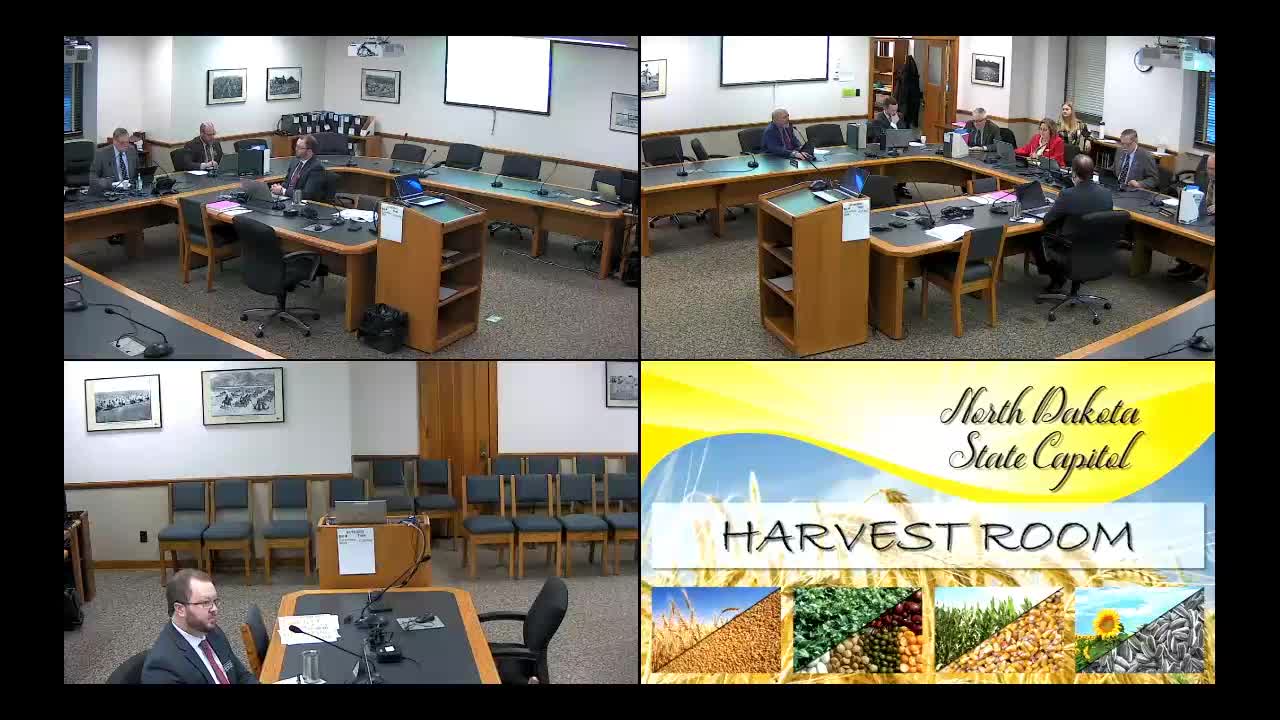Senate Appropriations Human Resources Division orients members, flags prison and state hospital budget decisions
Get AI-powered insights, summaries, and transcripts
Subscribe
Summary
Committee chair led an orientation on the subcommittee's role in shaping the state budget, outlined procedure for dividing work among subcommittees and highlighted upcoming decisions on corrections and the state hospital.
Senator Dever, chair of the Senate Appropriations Human Resources Division, opened an orientation meeting explaining the panel’s role in preparing agency budgets for the full Senate and urging members to participate in amendment work rather than voting “no” without discussion.
The session was intended to familiarize returning and new members with committee practice, staff roles and the schedule for next week’s hearings. Dever said the committee will divide work across subcommittees, prepare amendment packages and then present consolidated recommendations to the full appropriations committee and the Senate floor.
“Couple of things I’d like to say. One is that the legislature has two primary roles. One is policy making and the other is budget,” Dever said. He added, “Voting no without conversation is not a conservative act,” urging members to engage in the amendment process and to agree on which changes should be included before final votes.
Members and session staff introduced themselves during the meeting. Alex Kronquist, a fiscal analyst with Legislative Council, and Elizabeth Wrighton, the appropriations procedural clerk, described their roles supporting amendments and preparing fiscal language. Joan Bars and another longtime session staffer, Les, gave short personal backgrounds; several senators described prior committee experience.
The committee chair identified two large, early issues for the division’s attention: the state hospital budget and corrections spending. Members discussed corrections funding proposals that appear in the current budget materials: a roughly $35 million allocation cited for a women’s prison (in addition to prior appropriations and bonding), earlier bonded work of about $130 million, a proposal for $8 million for a temporary 88‑bed facility, and larger bonding proposals in the hundreds of millions for a new, larger facility. Committee staff and members noted that some projects have design work completed but have not yet broken ground.
Committee members raised the procedural point that policy bills (for example, proposals that would change criminal sentences) may carry fiscal notes and come to appropriations after passing policy committees; the appropriations subcommittee can decline to fund policy-driven costs. The chair reiterated that differences between House and Senate amendment processes mean members will see the full budget context in this committee but may debate consolidated packages later on the Senate floor.
Dever said the division will hear many agency budgets in subcommittee meetings and then reconvene in full committee when each agency package is ready. He also noted the committee has scheduled a corrections hearing next week and discussed the possibility of an on-site tour of corrections facilities, as has been done in prior sessions.
No formal motions or votes were recorded during the orientation. The meeting closed after scheduling reminders for next week’s hearings and a brief reiteration of expectations for respectful public testimony and member engagement.
